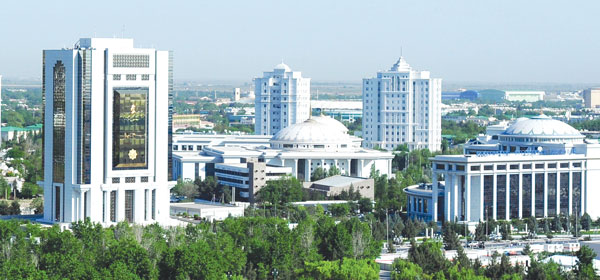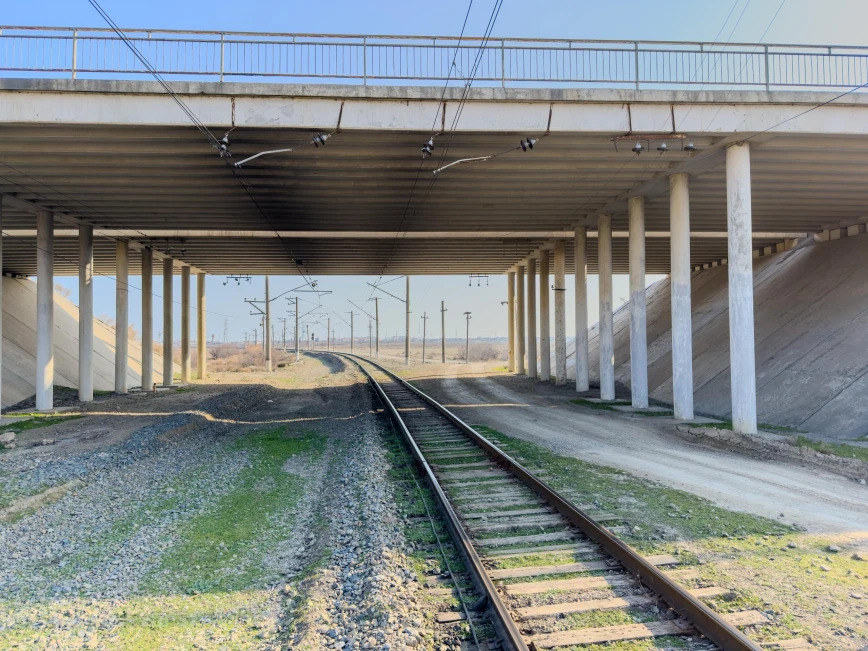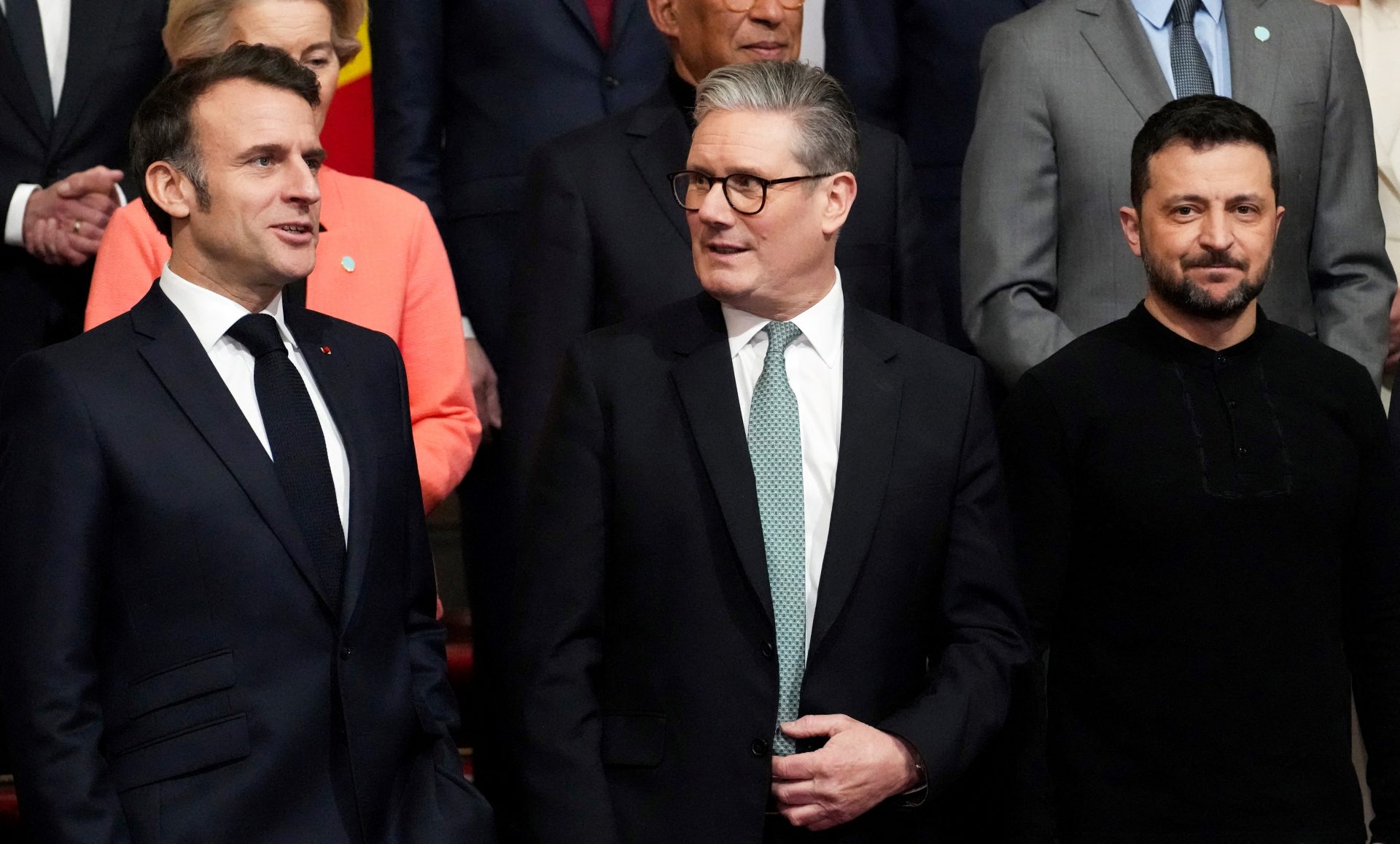Union: Capping subsidies may deter farmers from protecting the environment

Prague – The capping of subsidies and the gradual reduction of support for agricultural enterprises, as outlined in the first version of the future European agricultural policy, may deter some farmers from environmental protection and compliance with environmental measures. This was stated today by the chairman of the Agricultural Union of the Czech Republic Martin Pýcha. The union considers the new agricultural policy settings unacceptable, and the same applies to the level of the agricultural budget. He called on the Minister of Agriculture Marka Výborného (KDU-ČSL) to prepare an impact study and a joint negotiating position for the Czech Republic. Farmers continue to demand a 30 percent increase in the budget and have not ruled out participation in protests.
The proposal from the European Commission includes a cap at the level of 100,000 euros (2.5 million crowns), and in the case of capping, property interconnectedness will apply, meaning 100,000 euros for interconnected entities. Larger enterprises, or farmers who have multiple farms, will thus, according to Pýcha, fall out of the subsidy system and come under greater pressure for economic efficiency. “They will have to focus on maximizing yields and will be pressured to consider ending environmental measures that have at least been partially compensated by subsidies so far,” Pýcha pointed out.
He reminded that Czech farmers are currently very dependent on subsidies, with some receiving up to 85 percent of their income from them, and without support, their businesses would be unprofitable. Due to the new agricultural policy, food security is particularly threatened, Pýcha claims, but he also expects further impacts. “The production part of agriculture will face enormous problems, and they will react to that. Some will sell their farms, some will respond by discontinuing certain productions, laying off employees, and some may even consider giving up the land they farm under lease,” Pýcha stated.
The criticism of the new agricultural policy has also been joined by the Agrarian Chamber of the Czech Republic, which also claims that the transformation of European agricultural policy could have devastating effects on Czech farmers and on food security in the Czech Republic and all of Europe. “Cuts in allocated supports, which compensate for increasingly stringent EU environmental requirements, more paperwork, and support for farming that produces no food – these are just some of the changes that await us. The EU is merely encouraging importers from third countries, where such high standards of animal welfare or food safety do not exist, to supply ever-increasing volumes of food to Europe, which I consider to be the height of hypocrisy,” stated the president of the chamber Jan Doležal in an earlier statement. (July 18)

















































.png?Expires=1838763821&Key-Pair-Id=K2ZIVPTIP2VGHC&Signature=IO0~CT3pU-TcxGc~yoZSmoQx23MZVuK-~4jSii~NKEblRmyO3el7NXPu~Rh1o23voASg7hlcHLw4kvQuDK1jssEhcjoNBBvEpZ~GGOAU6yosBhpHpeF179F~h7i6VxmsBNh9gtTutkoqY73O2YCFey~IAqSzKbBqETP1kP9cAg1916Z1YkJJs-5MliMrkZ5d7-mWGLbpHp2wGj2VlMph8XzYlL4~y1O7fB~JdIS~Rs4RMRs2x0WT1qUIpHAsf3GdwtOyAmKFSpIg8xCyNGZZ5h~13nXlmpd7uPvW8tBfttpG9pFTqcway-uch5WyfHOEfi7UlJCOWrr6fCYY5PMgSg__)






